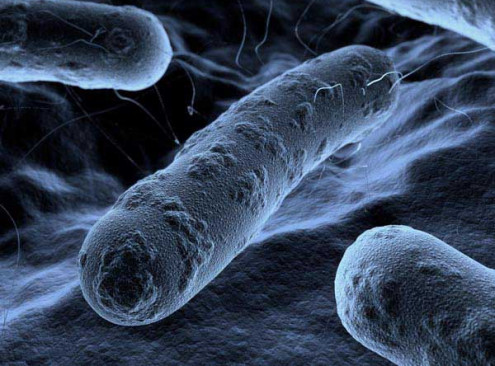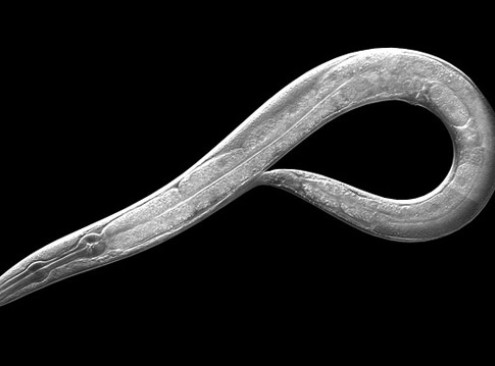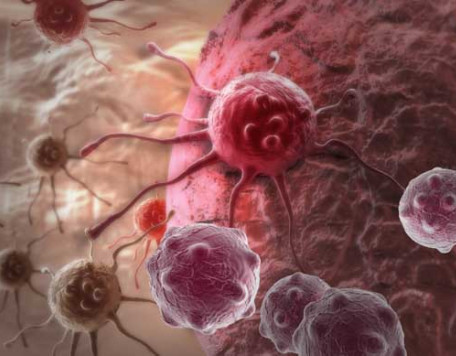© Pint of Science, 2025. All rights reserved.
Ever wondered how microbes make you sick? Want to know how scientists are trying to stop them? Discover the hidden world of tiny microbes, and the power of our bodies to fight against these invisible invaders – all over a pint!
Join us alongside researchers from the University of Dundee - Henry McSorley, Findlay Munro and Grant Hall, to uncover the crazy world of parasitology and the microbial kingdom that exists right under our nose.
Join us alongside researchers from the University of Dundee - Henry McSorley, Findlay Munro and Grant Hall, to uncover the crazy world of parasitology and the microbial kingdom that exists right under our nose.
Surviving Stress - Fatness and Fitness in Bacteria
Findlay Munro
(Research Assistant in Molecular Microbiology, School of Life Sciences)
Bacteria are tiny single-celled creatures that can cause deadly infections in animals, plants and people. While we have antibiotics that kill bacteria and treat these infections, bacteria are increasingly finding ways of overcoming these drugs. Many bacteria use a hibernation-like behaviour to tolerate extreme stress and side-step the effects of antibiotics. Like some animals, some bacteria stockpile fat to help them survive rough times while hibernating. In my presentation, I’ll talk about how bacteria strategically use fat stores to improve their resilience, and how understanding these fat stores could allow us to better target and kill hibernating cells.

Drug discovery detectives: Sleuthing out how medicines work
Grant Hall
(Researcher in Biological Chemistry and Drug Discovery)
Parasites infect and harm more and more people every year so the need for new medicines has never been greater. In order for new pharmaceuticals to have the best chance of being approved we must know everything about them! In this talk, I will discuss the initial stages of medicinal development and the tactics we employ to investigate how medicines work.

Parasitic worms, asthma and the immune system
Henry McSorley
(Reader in Cell Signalling and Immunology, School of Life Sciences)
Throughout human evolution, parasitic worms have been very common and largely benign infections: they evolved to live inside us and prevent strong immune responses against them. In the last few hundred years, improved sanitation has meant that we rarely get infected with these parasites. As a result, our immune system does not receive suppressive signals from these friendly worms, and is prone to hyperactivity. A hyperactive immune system then causes allergic diseases such as asthma. Our research investigates how we can learn from these clever parasites, and how we could develop new treatments for allergic diseases from them.

Map data © OpenStreetMap contributors.
Other Clarks on Lindsay Street events
2025-05-19
Farming the Future: Science in Scottish Agriculture
Clarks on Lindsay Street
80 North Lindsay Street, Dundee, DD1 1PS, United Kingdom
2025-05-20
Dissecting Diseases: Proteins to People
Clarks on Lindsay Street
80 North Lindsay Street, Dundee, DD1 1PS, United Kingdom





